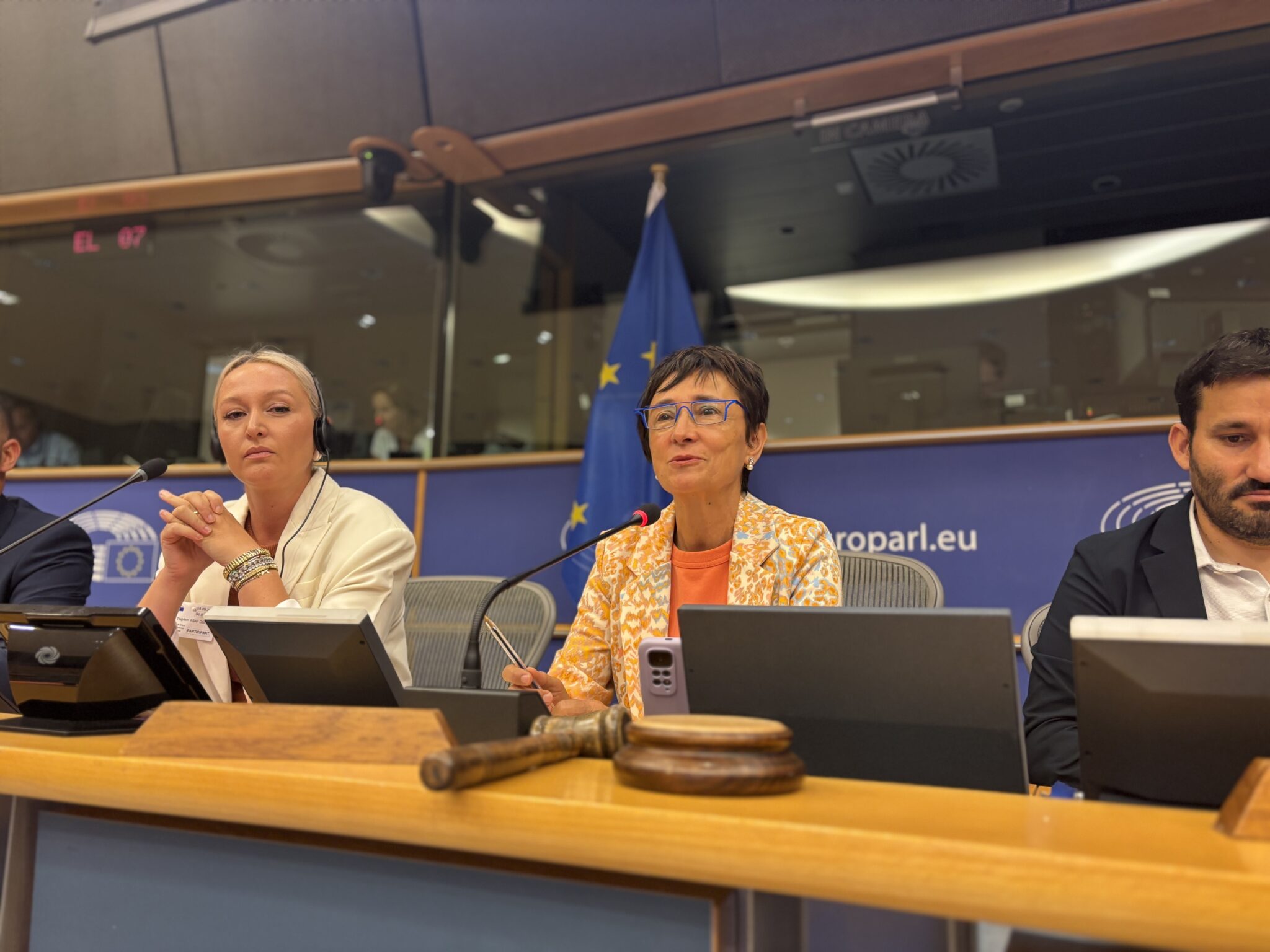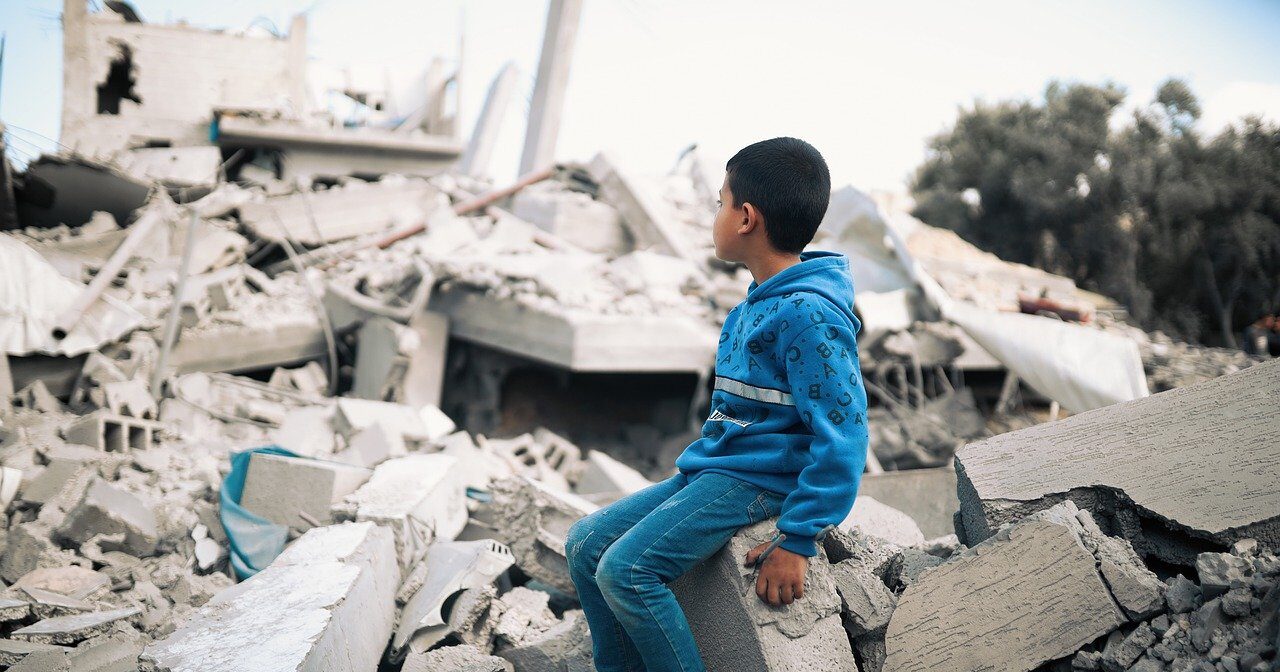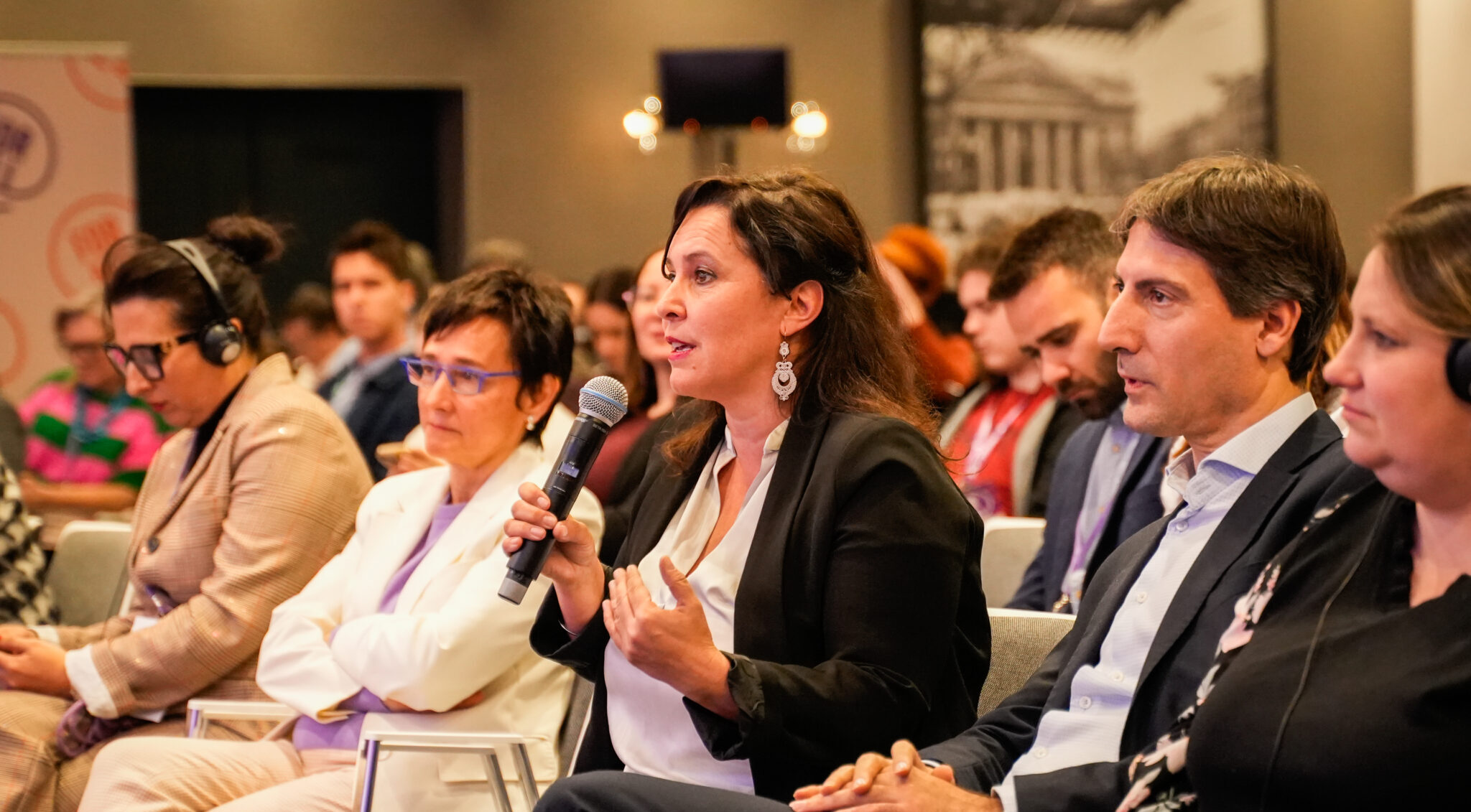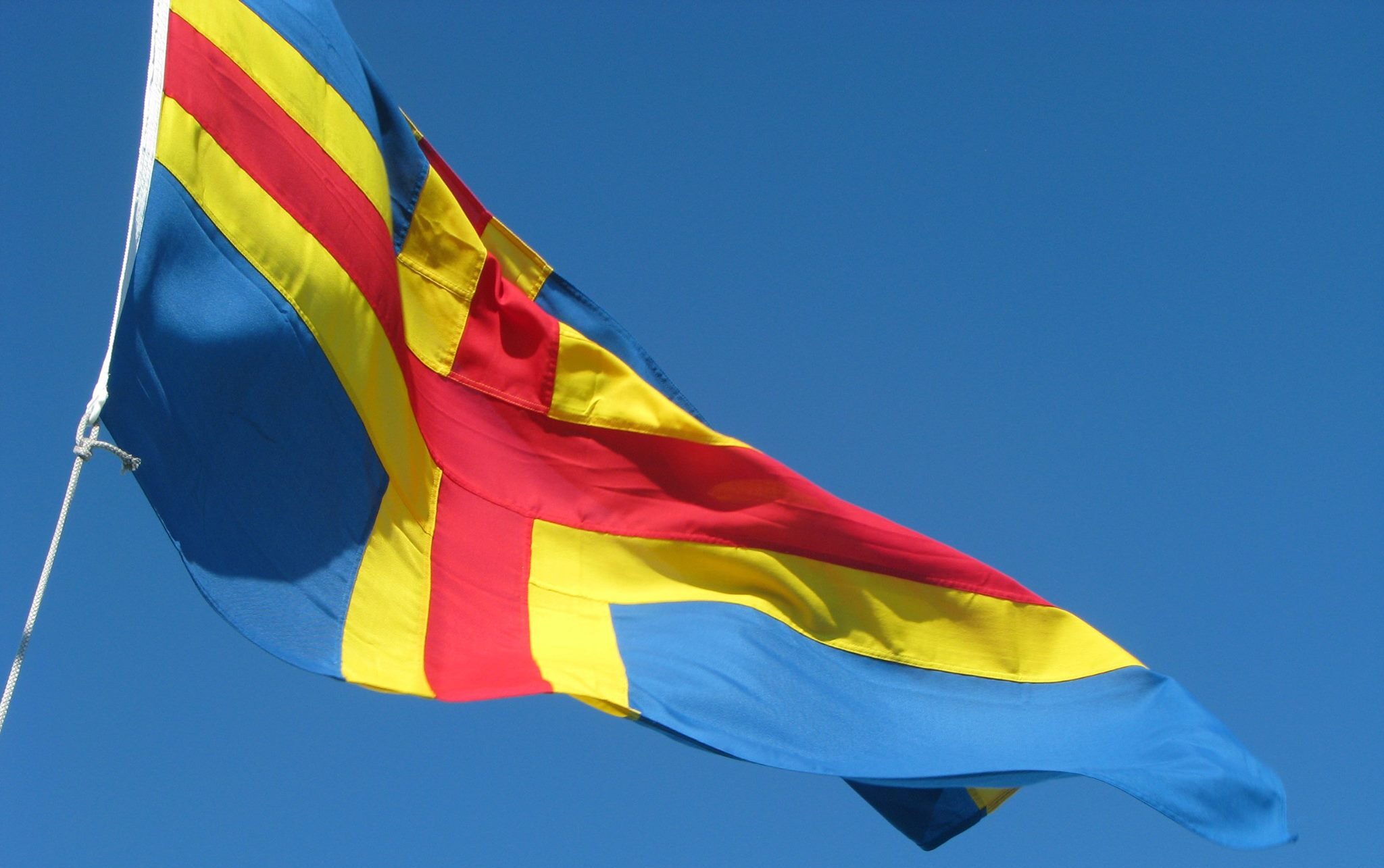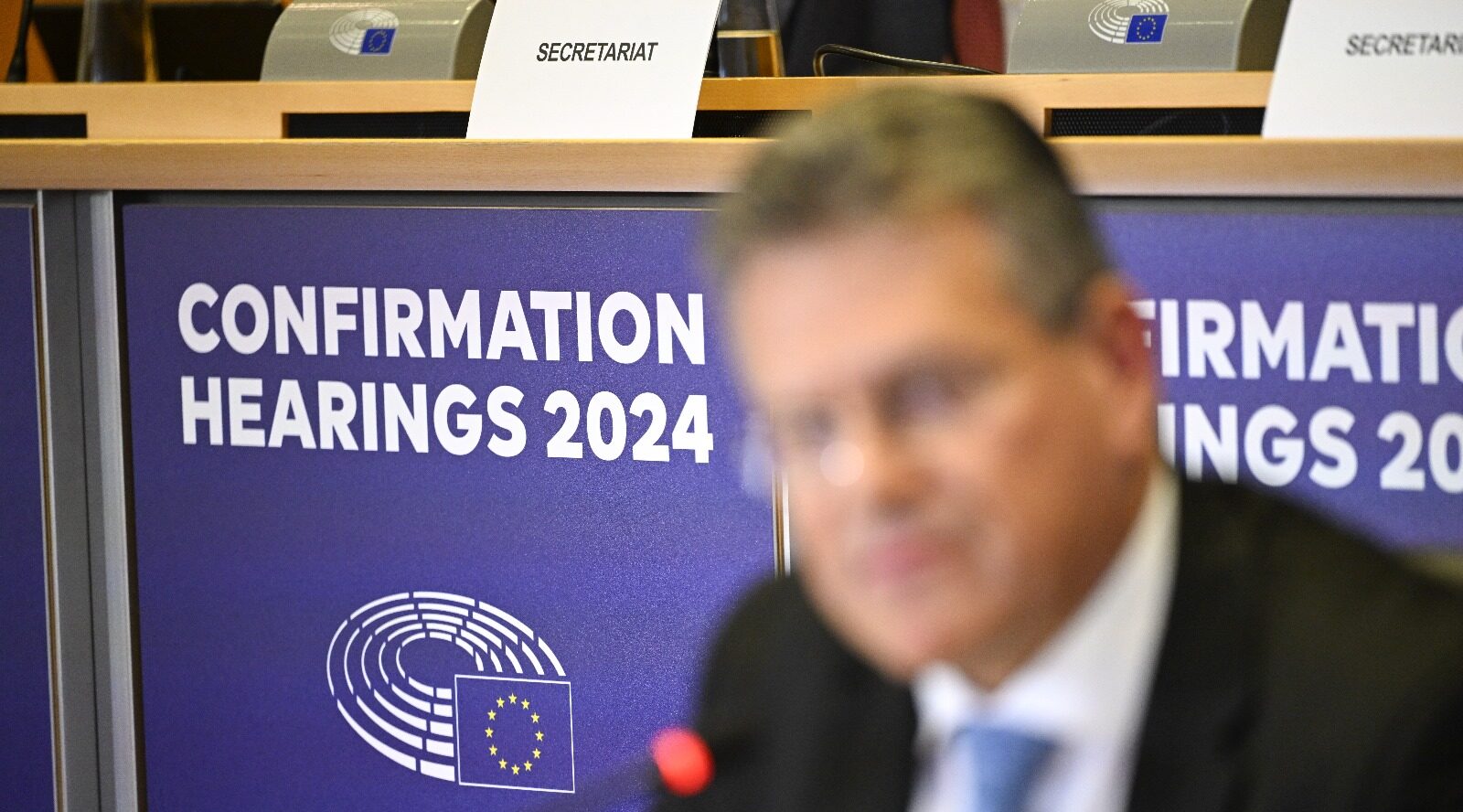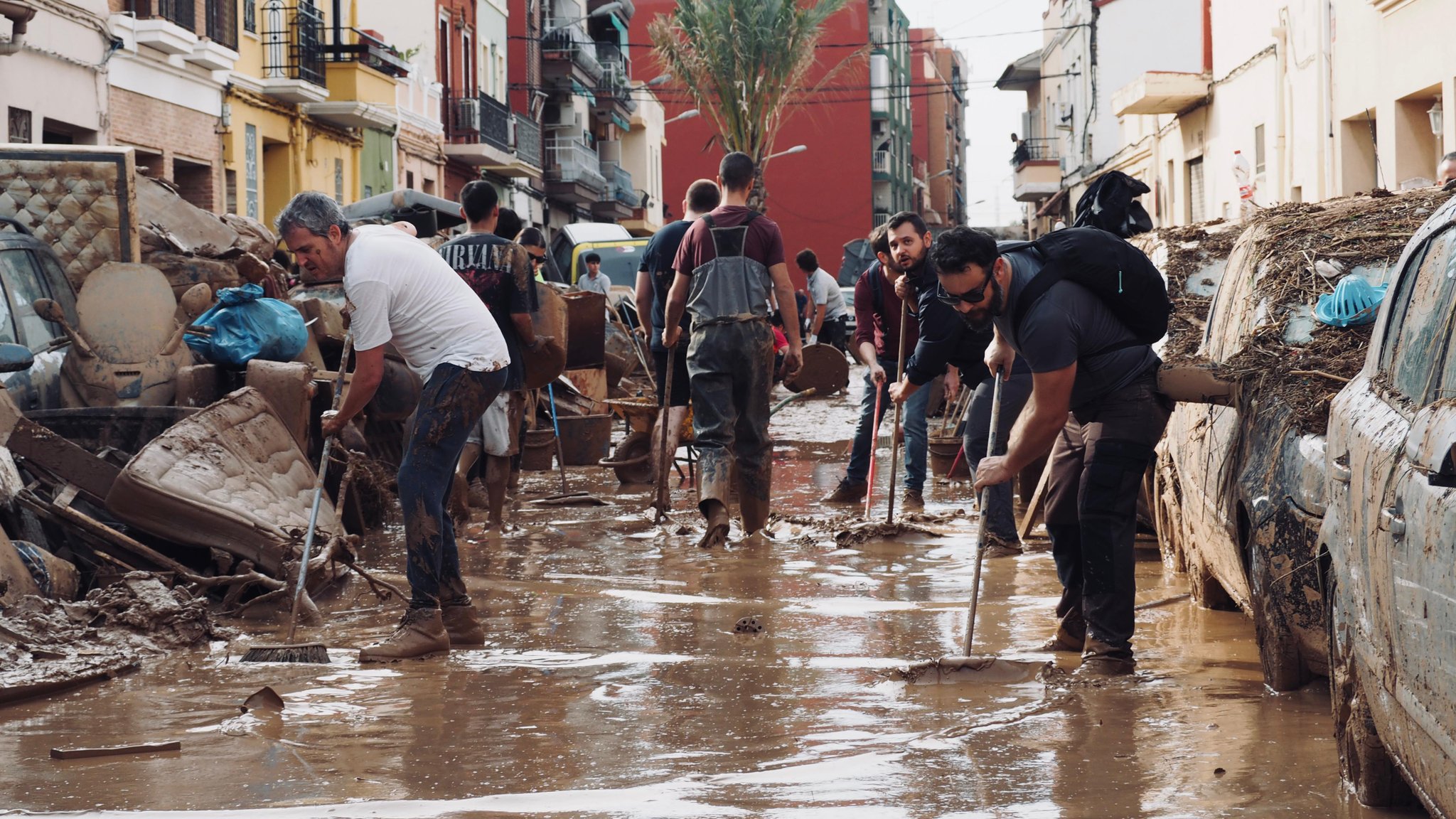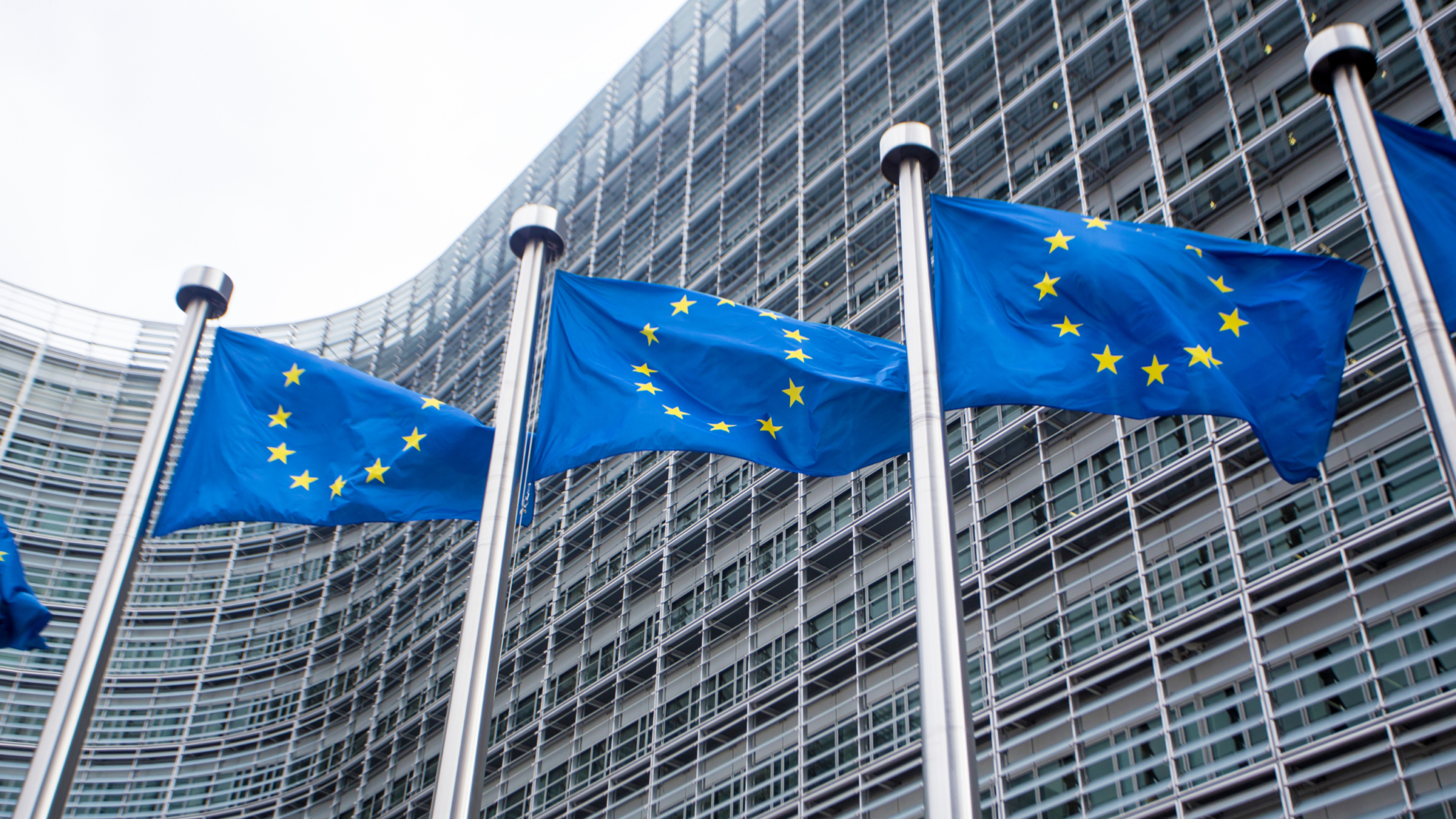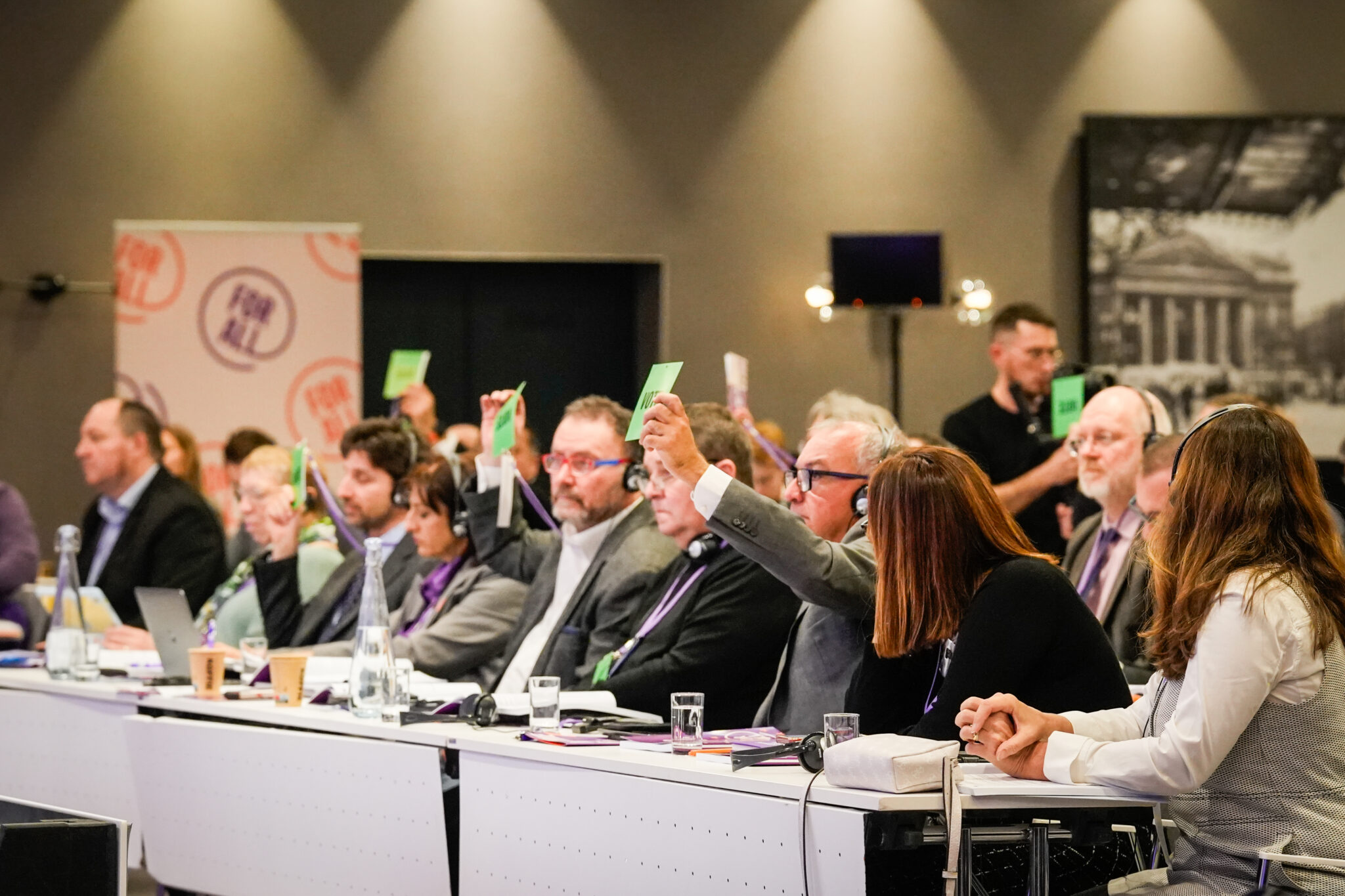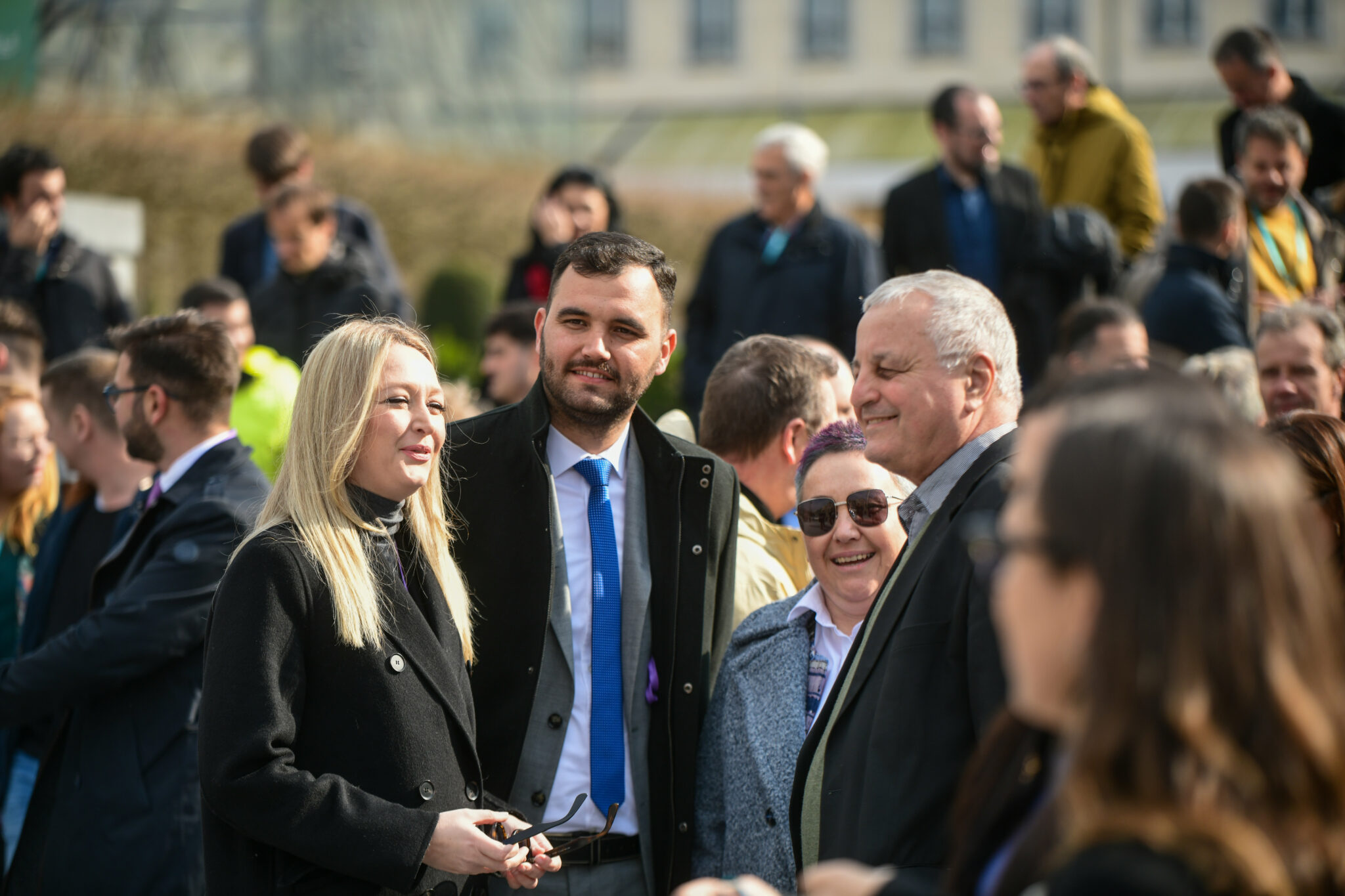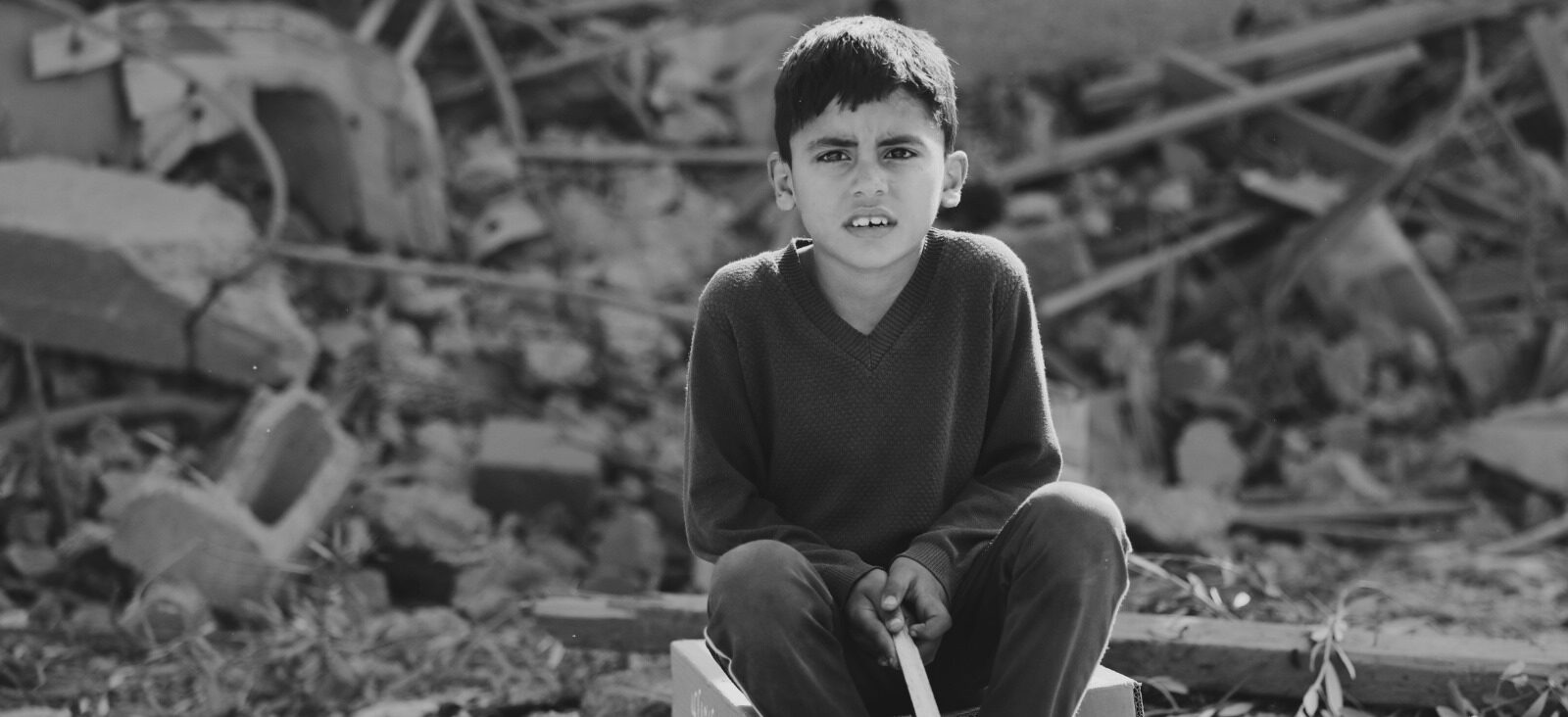What is EFA’s opinion about the new EU Commission?
Ursula Von der Leyen presents a line-up with a strong business focus and a lack of gender equality. EFA will work to put the needs of European stateless nations, regions, and minorities in the center.
This week, the designated Commissioners for Ursula Von der Leyen’s EU Commission are presenting their objectives and plans for the next five years to members of the European Parliament. Through this process, MEPs will evaluate each Commissioner’s qualifications and suitability for their assigned roles, with the option to request adjustments to the team or approve the entire college through a majority vote. But, who are Von der Leyen’s picks and what does her line-up look like?
Right off the bat, a strong focus on economics and business stands out. The titles of the portfolios give off a strong scent of a very competitiveness-focused, business-friendly trend. Instead of having members focused on the European Green Deal; Jobs and Social Rights; or Climate Action, like in the 2019-2024 term, the new Commissioners’ titles will be Commissioner on Climate, Net Zero and Clean Growth; Commissioner on Environment, Water Resilience and a Competitive Circular Economy; or Commissioner on People, Skills, and Preparedness. While economic well-being is important, in EFA we fear that this tendency indicates a change of priorities for the Commission, that will focus more on economic matters with a competitive vision while leaving in the background other important matters like climate change, language and minority rights, or EU cohesion.
Another element to highlight is the lack of gender parity in the nominated College of Commissioners. This was the first defeat for Von der Leyen while creating her crew. The fact that she couldn’t force member states to nominate an equal number of women and men speaks to the EU still being a club of states where gender equality is far from optimal. Even if Von der Leyen managed to promote more women to the Vice-Presidencies, EFA believes there is still a long way to go until we break the glass ceiling in the EU. We call on the member states to step their game up.
No Commissioner for minorities
One of the main demands that EFA repeated during the last EU elections campaign was the need to create a portfolio for a Commissioner on Minorities. With Von der Leyen’s proposal, this will not be possible during this term. Nevertheless, EFA will continue pushing for justice for the EU’s minorities and all the peoples undermined and repressed by their member states. We will do it by making the new Commissioner for Democracy, Justice, and the Rule of Law Michael McGrath aware of our message and of the situation of all the communities around Europe that we represent. “Justice and democracy in the EU” also means justice for minorities and stateless nations, who are left out of our current system.
Until now, no Commissioner has shown a strong commitment to working for language rights and there is no portfolio dedicated to linguistic matters. Therefore, we expect Commissioner Hadja Lahbib, who will be holding the portfolio on ”Preparedness, crisis management and equality”, to approach this topic with an intersectional vision. She must be reminded that “equality” cannot become just a footnote in her portfolio. EFA will be actively working to make sure that she understands that linguistic discrimination or discrimination based on being part of a minority are just as important to eradicate as other forms of discrimination.
What about Islands and mass tourism?
EFA is very keen on creating a special status for EU islands that recognizes the special needs that these territories have. This is why we saw in the creation of a portfolio on the Mediterranean a huge opportunity to tackle the situation of lots of island territories situated in that sea. In this sense, it was quite underwhelming listening to the nominated Commissioner Dubravka Šuica’s discourse with MEPs in the European Parliament. Her hearing for the position dwelt almost entirely on migration and Foreign Policy. From the European Free Alliance, we want to call for a greater focus on European Islands. Moreover, the Mediterranean region is experiencing more and more catastrophic phenomena related to climate change. The last happened in Valencia just last week, when floods caused massive destruction and hundreds of victims. Similar situations have happened in recent years in Italy and Greece, proving this as a shared Mediterranean problem. EFA will push so that the Mediterranean Commissioner is aware of the common needs of the Mediterranean region and strives to provide an optimal European response.
Going back to the islands, mass tourism is causing big trouble especially in island territories in the EU. As outlined in the study promoted by the EFA Islands Forum “The impact of tourism in European Islands”, receiving a massive amount of visitors causes housing and transportation problems. Good news: there will be a Commissioner on Sustainable Transport and Tourism! Bad news: in his speech, nominated Commissioner Apostolos Tzitzikostas focused mainly on transportation and didn’t mention the effects of mass tourism. We will have to put a big effort into making him aware of the islands’ problems.
Will regional funding be centralised?
One of the major uncertainties of the new EU Commission relates to regional funding. Some weeks ago, deeply concerning information was leaked. According to this news, the Commission is supposedly planning to centralise EU regional funding within the 27 member states, instead of directly funding the regions. This can be seen from the profile proposed as the Commission Executive Vice-President for Cohesion and Reforms: Raffaele Fitto. The Italian politician, who has served as Minister for European Affairs and Minister for the South and Cohesion Policies in the far-right government of Georgia Meloni, is well-known for pioneering a centralistic approach to cohesion funds in Italy.
Far from calming our concerns, during his hearing, the appointed Executive Vice-President of the EU Commission advocated for a state-focused approach to regional funding over a regional one. He presented the post-COVID model – that includes the Next-Generation funds – as the path forward. EFA has recurrently warned that this centralistic approach is detrimental to European regions. Previous experiences, such as those defended by Raffaele Fitto, have proven that when states are put in charge of managing European funding, their internal redistribution is biased, especially affecting regions that are home to minorities, rural areas, and territories governed by regional or national minority parties. We call on the future EU Commission and the MEPs to work to protect direct funding for the EU regions that ensures a fair distribution of European resources.
Overall, the composition of the appointed College of Commissioners seems a missed opportunity to advance towards a more democratic and diverse Europe. A strong focus on competitiveness and business risks sidelining other important objectives, such as regional development, minority and language rights, or climate change. Gender equality in the Commission has not been achieved, despite Von der Leyen’s request, proving that she does not have sufficient influence among the member states to control the composition of her own Commission. But what is even more concerning, is the lack of strategic focus in approaching and understanding the needs of the different peoples in the EU. The new Commission needs to take seriously the cohesion of the EU, by putting at the centre the situation of EU islands, the climate change in the Mediterranean region, the inclusion and protection of national minorities, the recognition of all European languages, and the preservation of the EU’s founding principles. The European Free Alliance will push tirelessly to move the EU in this direction.
